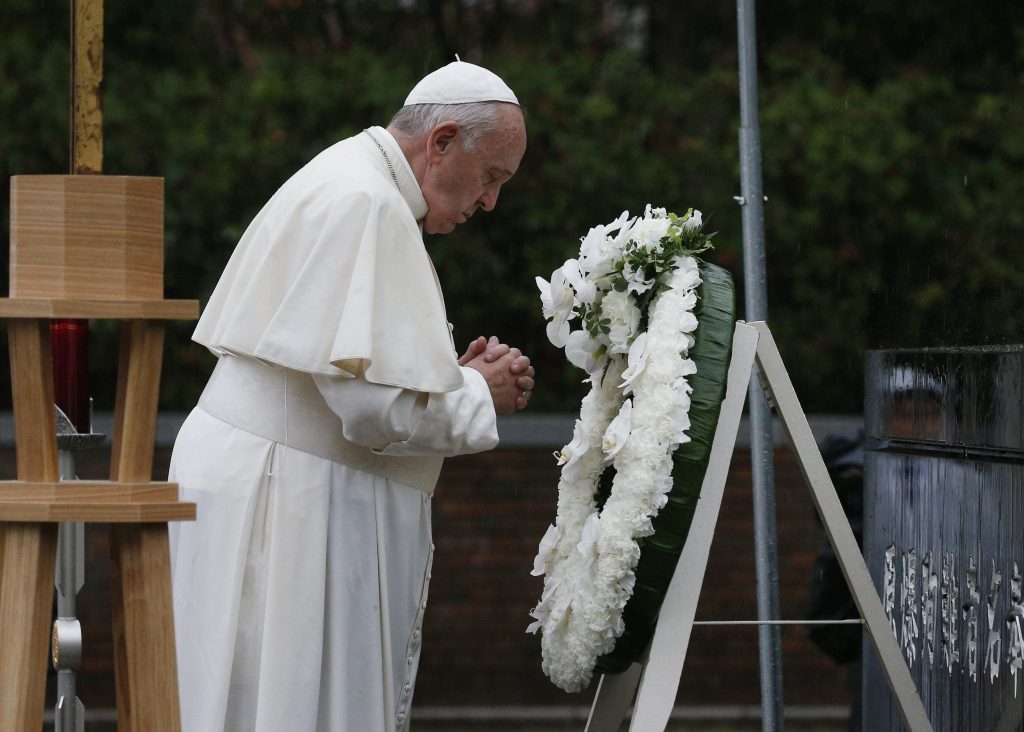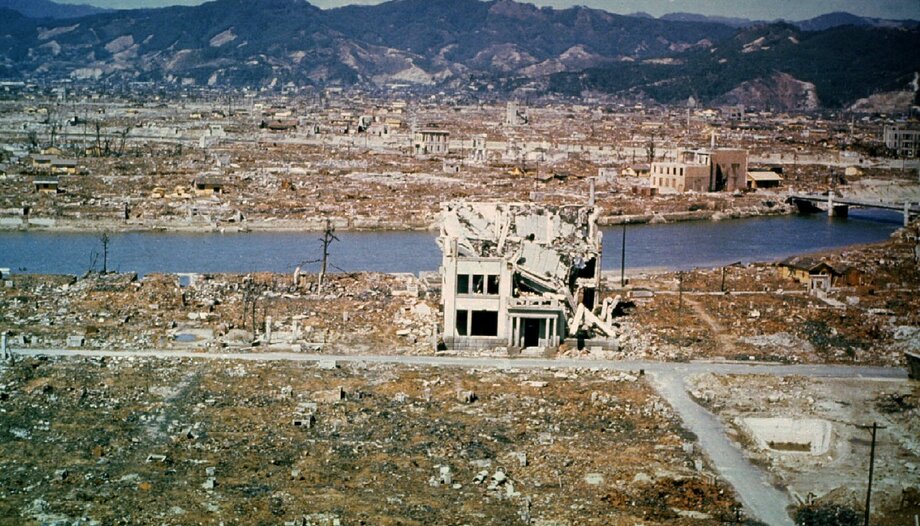In July 1945, as part of the "Manhattan Project," the U.S. military conducted a nuclear test in the desert of New Mexico, USA. Just a few weeks later, two nuclear bombs were detonated over Hiroshima and Nagasaki, in Japancausing the death of hundreds of thousands of people.
On the anniversary of the tragedy, the U.S. Conference of Catholic Bishops (USCCB) has issued a statement. The note is signed by Bishop David J. Malloy, chairman of the USCCB's International Justice and Peace Committee.
At the beginning of the communiqué, Malloy laments that wars and the development of nuclear weapons continue, "as the architecture of arms control dissolves." After standing "on the brink of nuclear annihilation," the bishops warn that "the threat of more than 10,000 nuclear weapons in our world must not be further removed from the public consciousness of today's generation."
A current crisis
Bishop Malley mentions the cross-nuclear threats in the current war between Russia and Ukraine. He also accuses states and other non-state actors of profiting "from rapidly developing cyber technologies that are giving rise to increasingly sophisticated and lethal weapons systems."
On the other hand, the USCCB denounces that the "New START", the Strategic Arms Reduction Treaty, is unraveling between the United States and Russia. The danger is not only in the increased threat, but the episcopate stresses that "the billions of dollars spent on the development of these weapons are precious resources that are not available for other critical human and economic development needs."
Governing justly
The communiqué encourages "vigilance in order never to lose sight of the extraordinary dangers that these weapons pose to humanity". Arms control calls for prudence and special attention "to the differences between just and unjust considerations of statecraft".
The USCCB also echoes the words of Pope Francis to the Bishop of Hiroshima, to whom he wrote in May. The Pontiff, recalling his visit to Japan in 2019, warned that "the use of atomic energy for warlike purposes is, today more than ever, a crime not only against the dignity of human beings, but against any possible future of our common home."

A war without victory
The bishops' statement concludes with a resounding affirmation: "A nuclear war cannot be won and must never be fought. Bishop Malley invites all Catholics "and people of good will" to pray that governments "will seriously seek to make critically needed progress on arms control.
The episcopate places this intention in the hands of Our Lady of Fatima, who has already interceded for peace in the world during the conflicts of the 20th century.
A moral and political obligation
This is not the first time the USCCB has spoken out about nuclear bombs. The Conference has on several occasions made public its concern about the threat posed by nuclear weapons.
In 1983, the USCCB published a pastoral letter called "The Challenge of Peace". In it they mentioned the "great intellectual, political and moral effort" required to prevent nuclear war and to encourage the development of control policies.
Ten years later, in a statement called "The Harvest of Justice is Sown in Peace" the bishops stressed that "the eventual elimination of nuclear weapons is more than a moral ideal; it should be a political objective."
On the USCCB website, you can find a complete list of the section with the different documents of the Conference talking about nuclear bombs, as well as materials to deepen the reflection on this crisis.







